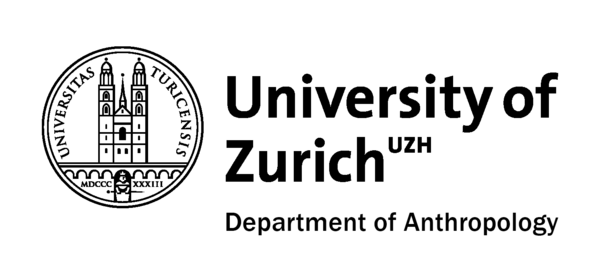Sina Kreicker ¹ ², Angela Ziltener ¹ ²
¹ Department of Anthropology, University of Zurich, 8057 Zurich, Switzerland
² Dolphin Watch Alliance, Switzerland
Korrespondierende Autorin
Sina Kreicker
Department of Anthropology, Universität Zürich
Winterthurerstr. 190, CH-8057 Zürich
Structured diurnal activity pattern
of Indo-Pacific bottlenose dolphins (Tursiops aduncus) around Hurghada, Egyptian Red Sea and its conservation implications.
An understanding of how behavioural activities are temporarily and spatially distributed is vital for the design of adequate conservation strategies in cetaceans. This is particularly important in those species which show a high degree of plasticity in their behavioural ecology. Around Hurghada, Northern Egyptian Red Sea, Indo-Pacific bottlenose dolphins (Tursiops aduncus) are subject to an intense swim-with dolphin tourism that makes management regulations highly necessary. A worldwide unique combination of boat-and underwater based systematic behavioural surveys conducted between 2012 and 2017 has revealed a highly structured diurnal behavioural activity pattern: in the first hours after sunrise dolphins predominantly socialize and travel, followed by a predictable resting period from mid-morning until the early afternoon which mostly (but not exclusively) occurs at coral reef areas, with subsequent socializing and travelling activities in the late afternoon.
Very few foraging observations have been made. These only occurred in the late afternoon and early morning hours, suggesting an adaptation to nocturnal or crepuscular foraging. As the strict daytime resting schedule renders this dolphin community particularly vulnerable to tourism disturbance, the results presented here have been incorporated into the local “Dolphin Watch Code of Conduct” which asserts a daily “No vessel approach from 9am to 12pm within 200m of dolphins ”. This study provides another example for the pronounced ecological plasticity in Indo-Pacific bottlenose dolphins and highlights the importance to consider population-specific behavioural studies when designing conservation strategies.


